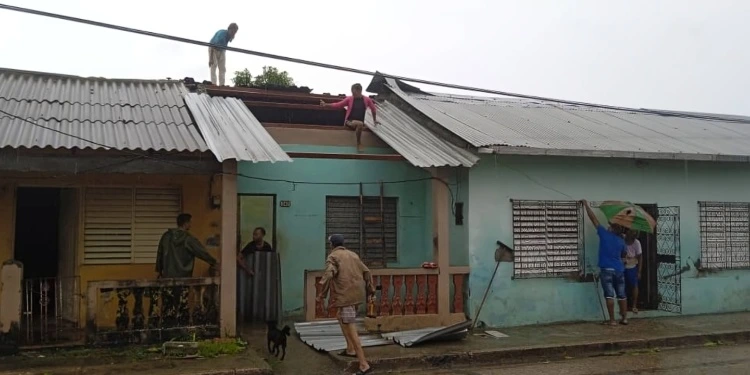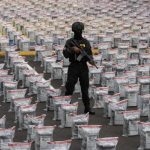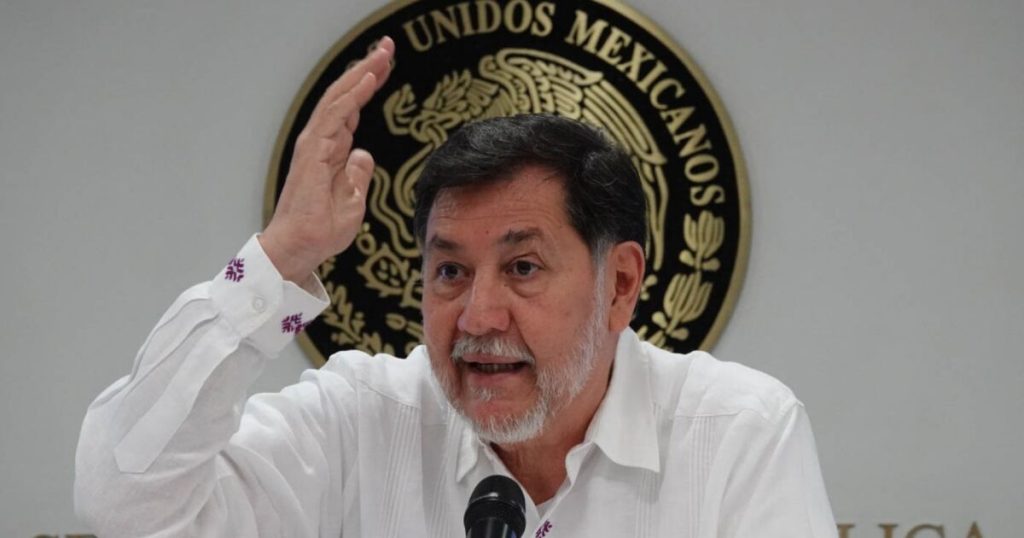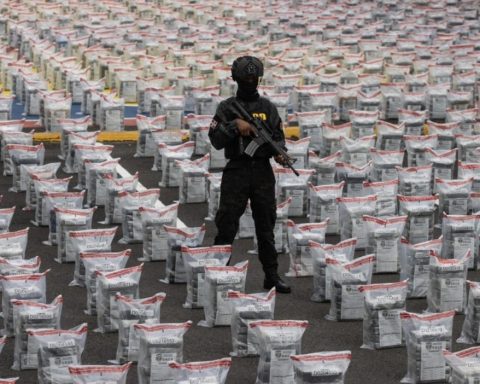HAVANA, Cuba.- An older man who honors me with his friendship likes to repeat the well-known saying: “The path of the worst is infinite.” And it is true that this remembrance is very opportune now, after almost all of the Cubans on the Island have suffered, for entire days, the collapse widespread of the electrical system.
Over the course of decades, the iron fist of the Castro-communist dictatorship has led our country, firmly and consistently, towards the abysses of scarcity, involution, delay, aging and hunger that constitute right now the essential characteristic of the sad reality that we suffer today. It is about what, with very good will not exempt from sarcasm, we could call “the Cuban way of life.”
The evil of the calldictatorship of the proletariat” has led us to see it as something almost normal that we suffer blackouts (although in large areas of the interior of the country it is more appropriate to talk about lights). We have also had to endure the disappearance of products that were consumed daily, such as beef, from our usual diet. But why give more details, if these communists, in Cuba, have turned even sugar into a luxury item!…
But here is the disconnection of the system national electric has come to ratify the validity of the saying with which I began this chronicle. The number of homes in which water is lacking has increased exponentially.
The chicken posts to which the remittances sent by the emigrated relative or the bulk of the monthly salary were dedicated, and reserved for a designated day, had to be consumed urgently so as not to see them rot in the refrigerators useless.
But the calamities of ordinary Cubans do not stop there. If a few years ago the current government implemented the so-called “Ordering Task” in the worst moment possible (which unleashed the current disastrous inflationary process), in recent months it has insisted on making the so-called “Banking” a reality.
It is already known that this last process, if completed, will allow better control of the payment of taxes by private economic actors; also reduce the use of cash. But it is also not ignored that the systematic use of electronic media in the economic activity of a normal country requires a reliable energy system.
But it happens that Cuba is not a normal country, and the disaster This past weekend has shown that its electrical system is anything but reliable. And so we have seen unhappy old retirees who cannot even withdraw their ridiculous pensions because the ATMs are overwhelmed. Also to citizens unable to buy goods or services because their cell phone is unusable… A true debacle!
It is a blunder enormous (another one!) of the team of inept people whose nominal leadership is exercised by the “homeless” Miguel Díaz-Canel. But despite these immense faults, the ruling class is reluctant to accept that the people, fed up with so many calamities, protest. The Minister of Energy and Mines, first, and the appointed ruler himself, later, have branded those who express their disagreement as “indecent.”
If in the former USSR dissidents used to end up with their bones in a madhouse, the dictator Díaz-Canel affirms that the majority of those protesting were “in a state of intoxication”. The vicious reasoning is the same: Only a madman was capable of repudiating a system as admirable, progressive and humane as the Soviet one… and only a drunk can feel rejection towards the state of things prevailing in Cuba!
In the independent press there has been no shortage of comments that are strongly critical of the very sad reality. In my opinion, the one entitled In the midst of the terminal crisiswhich bears the signature of the Pinar del Río engineer Dagoberto Valdés Hernández, who founded the magazine at the time Stained glass and he directed it during its first period. Currently he heads the Center for Studies Coexistence.
The aforementioned article is dated this Monday, “in the midst of the greatest energy and functional crisis in Cuba in its entire history.” Dagoberto admits not knowing if his column “will reach its recipients,” and confesses not knowing “what is happening today or what will happen tomorrow.” Despite that lack of information, its conclusions are irrefutable.
The engineer puts his finger on the sore spot. It accurately locates the primary cause of the current catastrophe in “the socio-political and economic system implemented in Cuba.” “Patches do not solve. “Band-aids don’t heal.” And he concludes: “If the cause is systemic and structural, then the solution must be a systemic and structural change.”
But it is reasonable to assume that, in the same ranks of the Central Committee of the only party, there is no shortage of “comrades” of the current leaders (perhaps those who lavish the most applause and praise on them) who feel the understandable desire to replace them in their positions. senior officials and, therefore, at the appropriate time declare themselves willing to initiate the changes deep and real that our country desperately needs.
And of course the current electrical catastrophe constitutes a magnificent pretext to place the blame on Díaz-Canel, Marrero and other members of the current troupe. Hopefully!


















